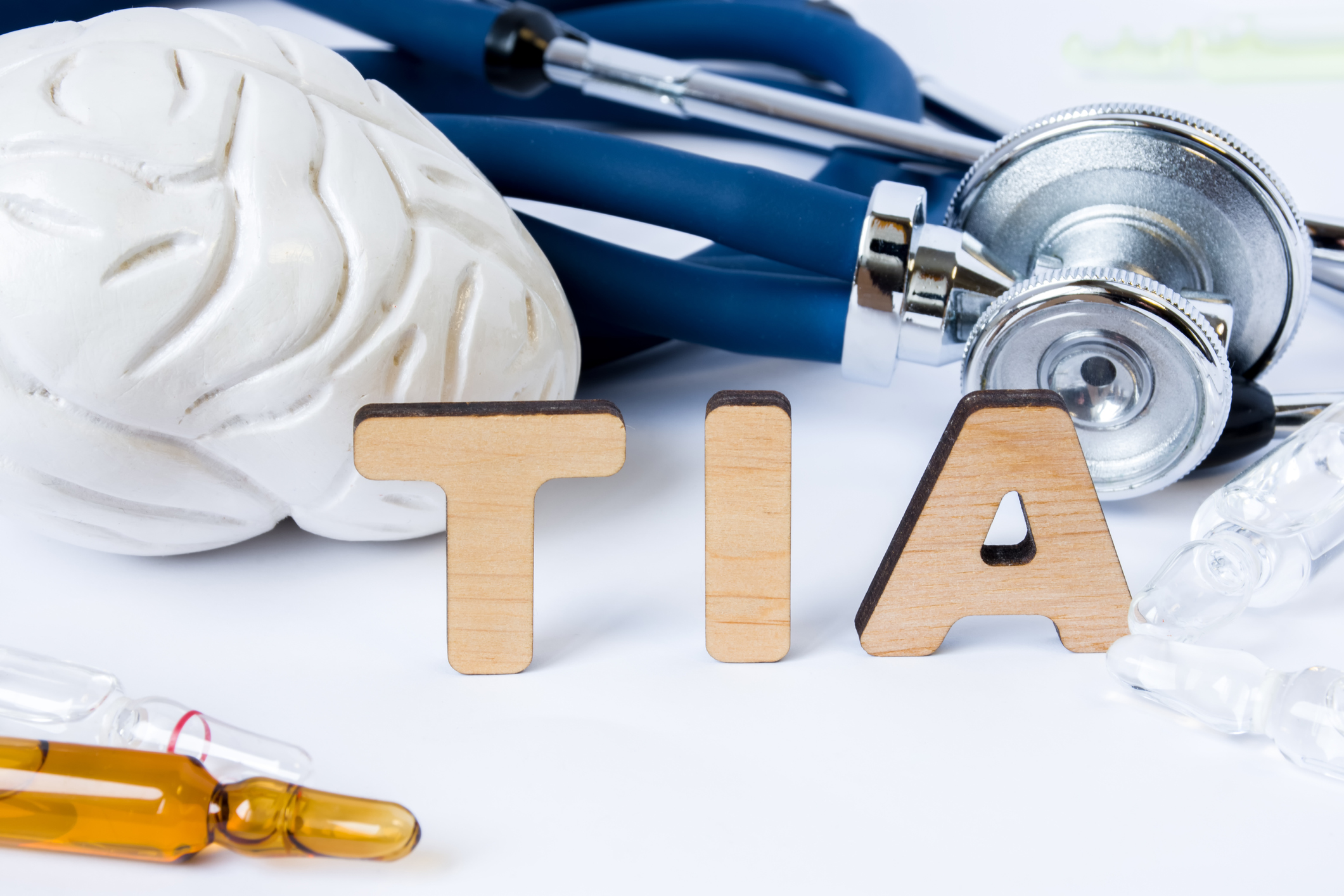As Bette Davis famously said, growing older definitely isn’t for sissies but with each new study, researchers are learning more about what lifestyle habits most impact healthy aging. While some of our predisposition to chronic illness may be genetic, our daily choices to eat a healthy diet, stay active, limit alcohol and not smoke are the greatest weapon we have in preventing physical and cognitive decline in older age.
Seniors worry about their risk for heart attack, dementia and stroke but many may be unaware they have already experienced mini-strokes which puts them at an increased risk for a full-on stroke and neurological damage. According to a recent study, published in the Journal of Neuroscience, out of the University of Rochester Medical Center, at least half of older adults over the age of 60 will have at least one mini-stroke in their lifetime. Transient Ischemic Attack or TIAs were once thought to not leave permanent damage in the brain but newer research is challenging this belief. Screening for TIAs and treating the underlying cause can help prevent future more serious strokes.
Usually evidence of a mini-stroke is detected long after the event because the symptoms are not as clear as a big stroke caused by a blood clot in the artery. Silent or mini-strokes are more common among older adults who have high blood pressure, atrial fibrillation or who smoke and they can lead to progressive and permanent brain damage, even contributing to dementia.
The Centers for Disease Control and Prevention reports that stroke is the third leading cause of death in the United States and nearly 795,000 Americans suffer a stroke each year. Stroke usually occurs in people over the age of 65 and although there is no way to reverse damage to the brain caused by a stroke, lifestyle changes can reduce the risk significantly.
Lowering Your Risk for Stroke
- Control high blood pressure by reducing salt and cholesterol, getting more exercise and quitting smoking.
- Take blood pressure medications as prescribed by your doctor.
- Eat a healthy diet rich in fruits and vegetables, fish, whole grains and low-fat dairy. (Mediterranean diet)
- Lose weight – losing just 10 pounds can significantly reduce your risk for stroke
- Limit alcohol to one glass each day; red wine is your best choice.
- Treat atrial fibrillation; an irregular heartbeat can cause clots to form in the heart.
- Treat diabetes; high blood sugar damages blood vessels making clots more likely to form.
- Know the signs of stroke with FAST
Source: Harvard Health Watch






Add Your Voice
0 Comments
Join the Discussion